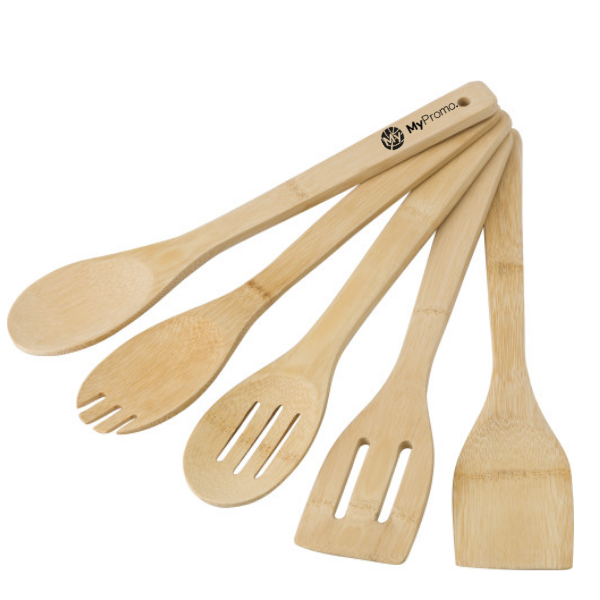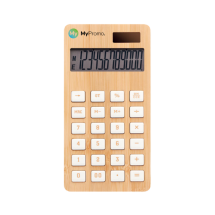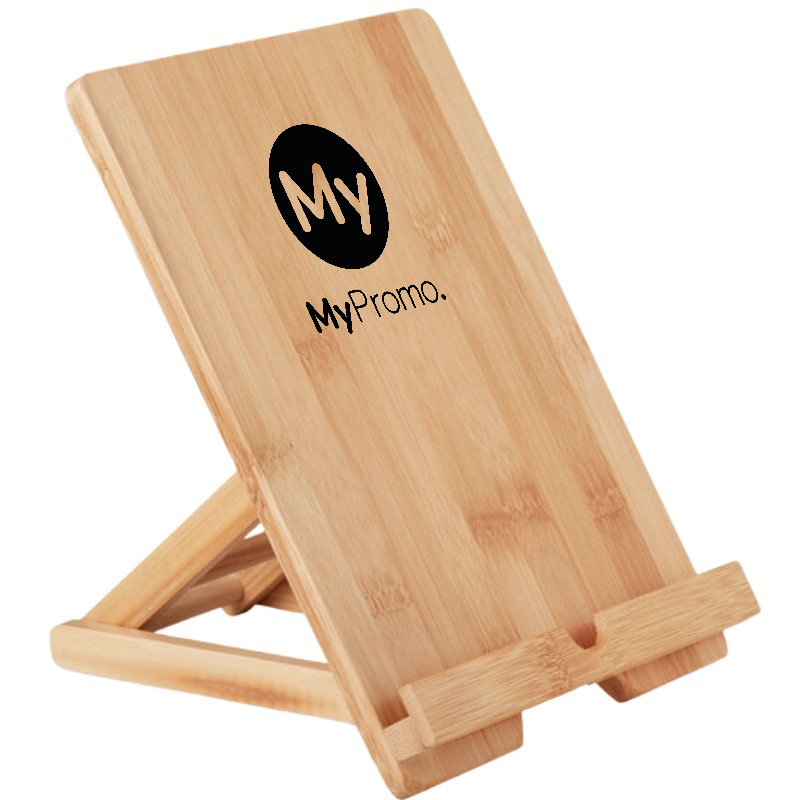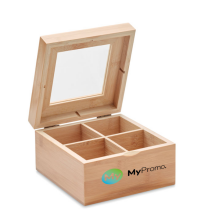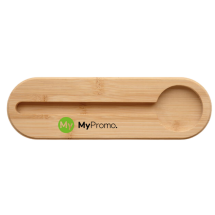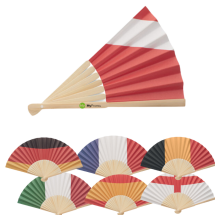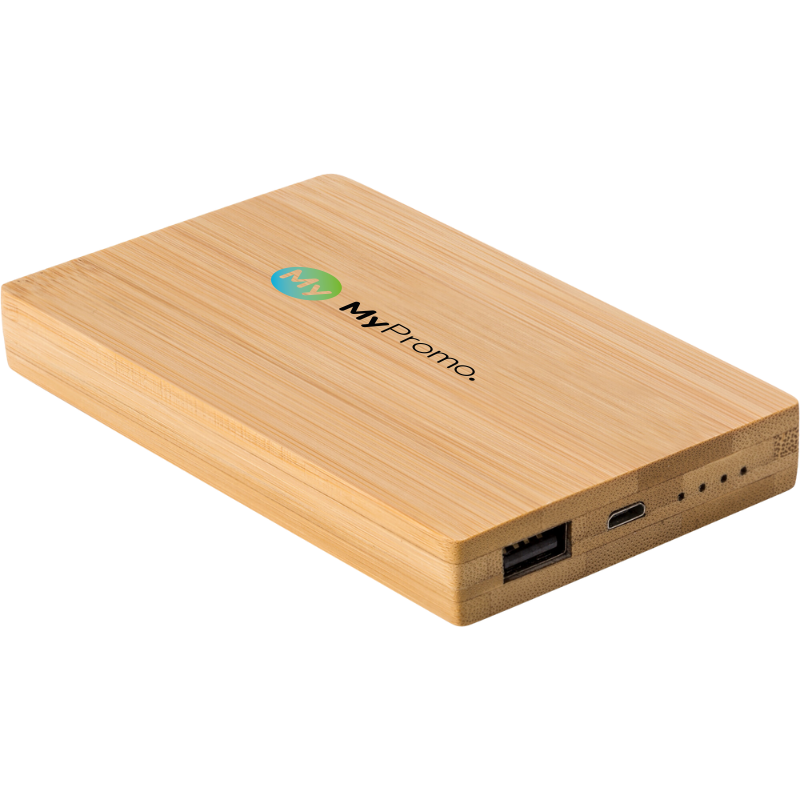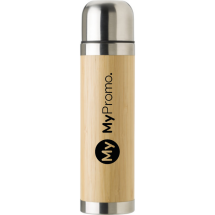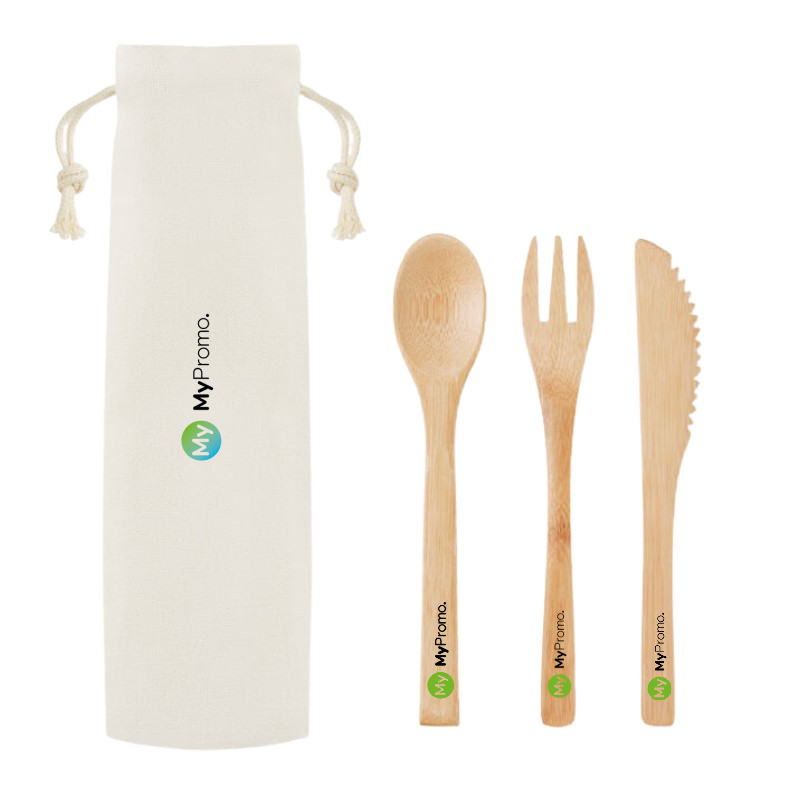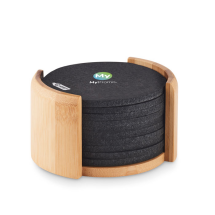Bamboo
What is Bamboo?
Bamboo is a remarkably versatile material that plays a significant role in manufacturing and in the creation of promotional gifts. Known for its rapid growth and robustness, bamboo has been used for centuries across various cultures, particularly in Asia. Historically, it served not just as a building material but also in the making of everyday tools and as a food source. Bamboo is sourced primarily through cultivation, which begins with the selection of suitable species and planting them in appropriate soil conditions. The plants typically reach maturity within three to five years, a considerably shorter cycle compared to hardwood trees. Once mature, bamboo is harvested and processed through methods like cutting, drying, and treating to enhance its durability and resistance to pests.Understanding Bamboo's Properties and Characteristics
Bamboo is known for its impressive strength and lightweight nature, making it a favored material in various manufacturing sectors. It boasts a high strength-to-weight ratio, comparable to that of steel, and a natural flexibility that allows it to withstand heavy loads and stress. Additionally, bamboo is a sustainable choice; it grows rapidly and absorbs carbon dioxide at a higher rate than many trees, contributing positively to environmental efforts.
Common Applications and Notable Products
In the realm of manufacturing, bamboo is used to produce a diverse range of products, from furniture and building materials to clothing and utensils. In the promotional gifts industry, bamboo stands out for its eco-friendly appeal. It is commonly transformed into personalized items such as personalized pens, personalized cutting boards, and stylish bamboo cases for electronics. These products not only serve practical uses but also promote sustainability.
Advantages and Comparative Benefits
One of the main advantages of bamboo in manufacturing is its sustainability. It regenerates quickly without needing replanting, reduces carbon footprint, and is biodegradable. When compared to plastics or metals, bamboo offers an eco-friendlier alternative that appeals to environmentally conscious consumers. Its natural aesthetic and texture also add a unique appeal to products, distinguishing them from those made with synthetic materials.
Challenges and Limitations
Despite its benefits, bamboo faces some challenges in manufacturing. It requires proper treatment to prevent decay and insect infestations. The variability in quality, depending on sourcing and processing, can also affect the consistency of the final products. Additionally, the limited availability of bamboo in non-tropical regions can increase costs and complicate logistics for global distribution.
Bamboo continues to be an influential material in manufacturing and promotional products, valued for its environmental benefits and versatile applications. Its unique features not only meet various practical needs but also align with growing trends towards sustainability and natural aesthetics in the global market.
| Application | Products | Notes |
|---|---|---|
| Building Materials | Furniture, structural beams | Utilized for its strength and aesthetic. |
| Clothing | Fabrics, accessories | Bamboo fibers offer breathability and natural antibacterial properties. |
| Utensils | Cutting boards, kitchen tools | Preferred for their sustainability and minimalist style. |
| Promotional Gifts | Personalized pens, eco-friendly cases | Popular for their unique appeal and eco-friendly credentials. |
| Paper Products | Notebooks, paper | Made from bamboo pulp, offering an alternative to traditional wood pulp. |
Is bamboo a sustainable material?
Yes, bamboo is highly sustainable. It grows rapidly, sometimes up to several feet in a single day, and requires minimal water and no pesticides or fertilizers for cultivation. Additionally, it regenerates quickly after harvesting.
What are the common uses of bamboo?
Bamboo has a wide range of applications. It is commonly used in construction for scaffolding, flooring, and even as a building material for homes and structures. In addition, it's used for making furniture, textiles, paper, and various household items like utensils and cutting boards.
How strong is bamboo compared to other materials?
Bamboo is known for its impressive strength-to-weight ratio. It's stronger than many hardwoods and has a tensile strength comparable to steel, making it suitable for a variety of structural and load-bearing applications.
Is bamboo eco-friendly?
Yes, bamboo is considered eco-friendly for several reasons. As mentioned earlier, it grows rapidly and requires minimal resources for cultivation. Moreover, it releases more oxygen into the atmosphere and absorbs more carbon dioxide compared to many other plants, contributing positively to the environment.
Does bamboo require special maintenance?
Bamboo products generally require minimal maintenance. For outdoor bamboo structures or furniture, occasional cleaning and reapplication of a protective finish may be necessary to prolong their lifespan. Indoor bamboo items may need dusting or occasional polishing to maintain their appearance.

